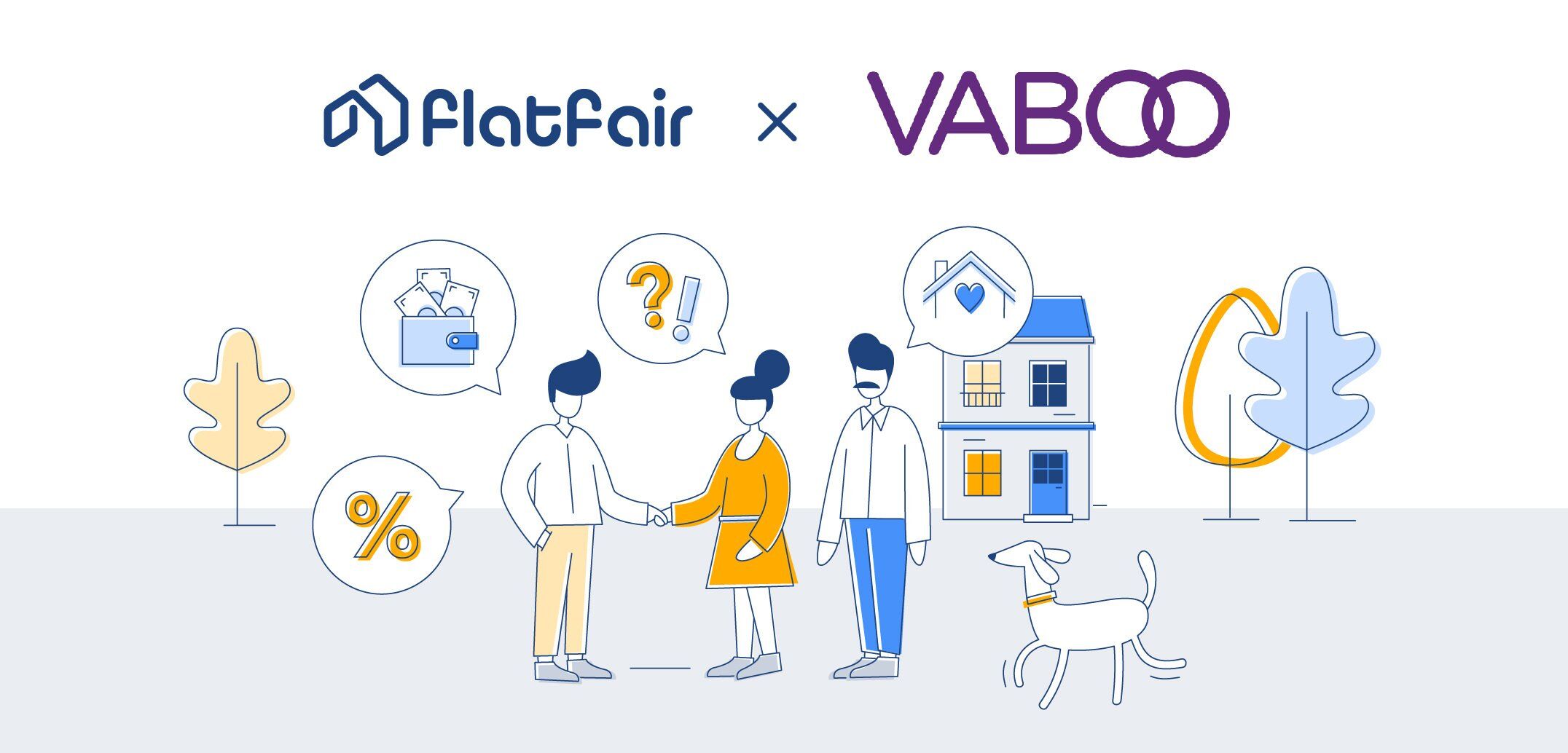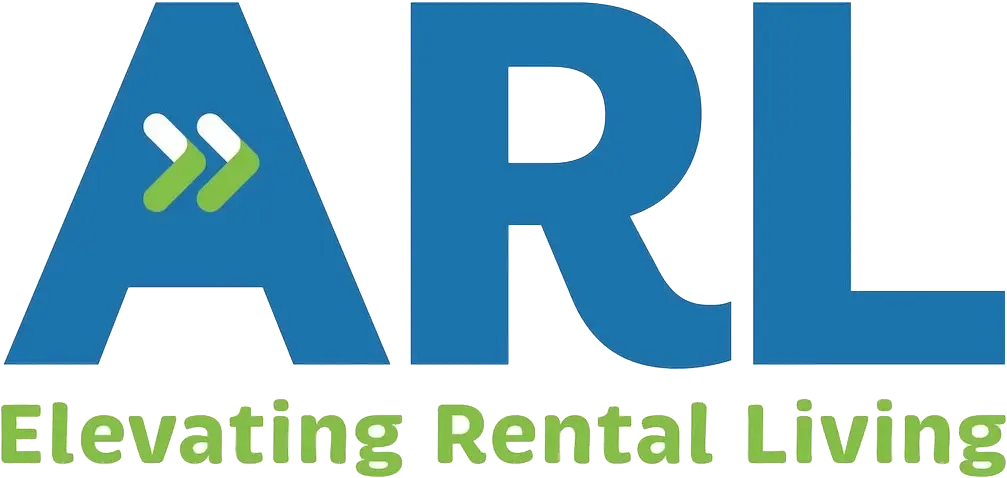Emily Cooper, Marketing Director at Vaboo
The rapidly changing property landscape is creating a new type of challenge for agents, tenants and landlords alike. As the start of 2021 has seen a rental boom, at the same time, at least half a million private renters are now in arrears due to the economic impact of Covid-19. The UK Government’s own research shows that ‘private renters’ report being hardest hit by the pandemic.
It is clear to see that renters and landlords whose finances have been affected since lockdown, cannot keep tenancies going without additional financial support. Recent figures have also shown that over half of landlords have experienced some form of income loss as a direct result of the pandemic.
The challenges can no longer be ignored, and the National Residential Landlords Association has now made a joint statement with 10 other organisations, urging the Chancellor to provide direct funding to support landlords and tenants during the crisis.
But in the interim, is it realistic to ask agents to practically help relieve some of the problems for their customers?
Whilst dramatically heightened in the current environment, this is by no means a new problem, and in fact, one encountered by Vaboo Founder Jonathan Stein back in 2015 as a private Landlord. It was lessons he learnt managing arrears that ultimately led to the inception of Vaboo, and lessons agents can still learn from today.
Jonathan’s rental portfolio contained around 20 properties, and fortunately, in ten years of being a landlord, he had never once had a problem. But all of a sudden, two or three were growing their arrears.
“Needless to say, I was concerned. I needed to find a way of resolving the problem and de-risking myself as a landlord going forward. I did a bit of research on the market and the rental industry and discovered a growing trend of increasing arrears and projections for the issue to worsen over time.”
His concern intensified, and the first thing he did was reach out to the letting agents who were responsible for looking after his tenants. He sat down and started asking questions: What’s going on? ‘Who’ are these tenants who aren’t paying rent? What do they do for work? Why, for the first time, can they not afford to pay?
His agents had no idea who the tenants were because most of the tenants had been in place for many years and the agents had no relationship with them whatsoever.
The Lightbulb Moment
“It was a lightbulb moment,” he said. “Surely I could help my tenants by enabling them to save money elsewhere in their lives and thus have a better chance of paying rent on time.”
Jonathan started reaching out to the problem tenants and having long, honest chats with them. He said to them: “I’m not here to turf you out, I want to help you and see if we can find a way forward and keep you in the property.”
Looking back at it now, Jonathan says these conversations were not about money at all. It was about him displaying empathy and actively wanting to understand them. Across his 20 properties, there were between 50-60 tenants, none of whom he knew anything about
“I realised what poor form this was. I had 60 customers who I knew nothing about. You wouldn’t accept that from a business of any sort, so I knew it had to change. I made it my business to learn everything about them. Who are they? What work do they do? What hobbies do they have? What shows do they watch? What pubs do they like? And most importantly, I started to learn about exactly why the tenants who weren’t paying, weren’t paying.”
With this information, Jonathan was able to help the tenants rather than simply kicking them out or adding even more pressure and anxiety to their lives.
Putting insights into action
“One guy, for example, was struggling simply because his work patterns had changed and so too had his paydays. It wasn’t that he was earning less, just that it was coming at different times. So, we made some small adjustments to his rent payment and solved the problem.
“For those tenants who were struggling to afford the rent, we arranged payment plans, small instalments each month to help them fight their way out of arrears and back into the black.”
On top of this, Jonathan started offering very minor discounts to all of his tenants, which he had managed to negotiate thanks to contacts he had made in his previous job.
“Again, it wasn’t just about the discounts saving the tenants money, the impact was far wider. It was about creating a dynamic shift in the relationship, allowing for new levels of trust and respect to flow both ways.”
The most remarkable change Jonathan saw was an uptick in communication. If a tenant was struggling to pay rent, or was concerned they might struggle in the near future, they started to contact Jonathan ahead of time.
“I never had to chase anyone for anything again,” he says. “And over the next 12 months, the process of managing my properties was much less stressful. Minor maintenance issues, which I would always get called about, essentially disappeared: the tenants were fixing them themselves. Believe me, this was not the case before.”
Jonathan started to analyse his expenditure. The type of maintenance jobs he had most regularly been paying out for, those which cost less than £100, all but vanished. There is just one explanation for this: the tenants now had a newfound respect for their landlord, they liked him, and they believed that he was on their side, through good times and bad. On top of that, people also started staying in the properties for longer, so voids were reduced, too.
Nearly 6 years on and Vaboo now provide Letting Agents with access to over 700 discounts, offers and cashback on everyday essentials for their customers. From groceries to utility switching, broadband to pet food, tenants receive weekly engagement emails reminding them of the top savings.
Plus, agents have been adding their own local business discounts to the platform too, creating a hub for a local community revival.
“We know how important it is to all play our part and during the pandemic alone, Vaboo has also helped agents award over £9,000 in rent in their monthly competition.”
Jonathan concluded “What the pandemic has shown us is not just a shared experience of difficulty, but shared humanity. It is this humanity which agents must now act upon. Showing you care is no longer about strengthening your “brand” but about strengthening relationships and engagement – gaining insight into your customer’s lives and acting upon it”.










